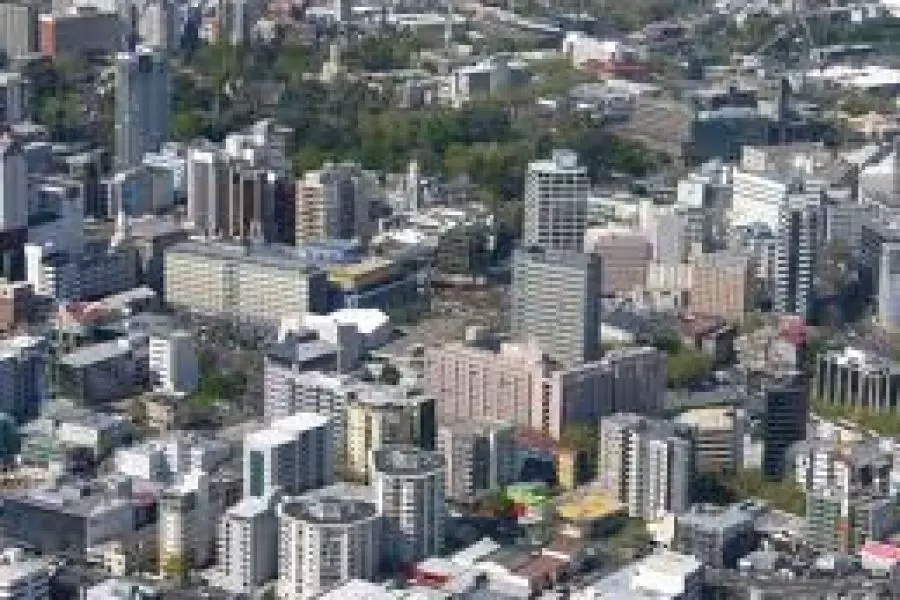News
Reserve Bank predicting house price fall of 14% as market turns rapidly

Thursday 26th of May 2022
While this seems like a relatively large decline compared to New Zealand’s history, it will bring prices back to only April 2021 levels. A 30% drop from the November peak of house prices will be needed to bring them back to pre-Covid levels.
That said, the size and speed of the fall in house prices are highly uncertain, says the RBNZ.
Market turns rapidly<...
Want to read the full article?
Click the button below to subscribe and will have unlimited access to full article and all other articles on the site.
2 min read






![[The Wrap] Bye Bye Bayly](https://goodreturns.publit.io/file/c_fill,w_900,h_600/39f23ac1-f7c7-4854-b700-a150004ebbac.webp)


